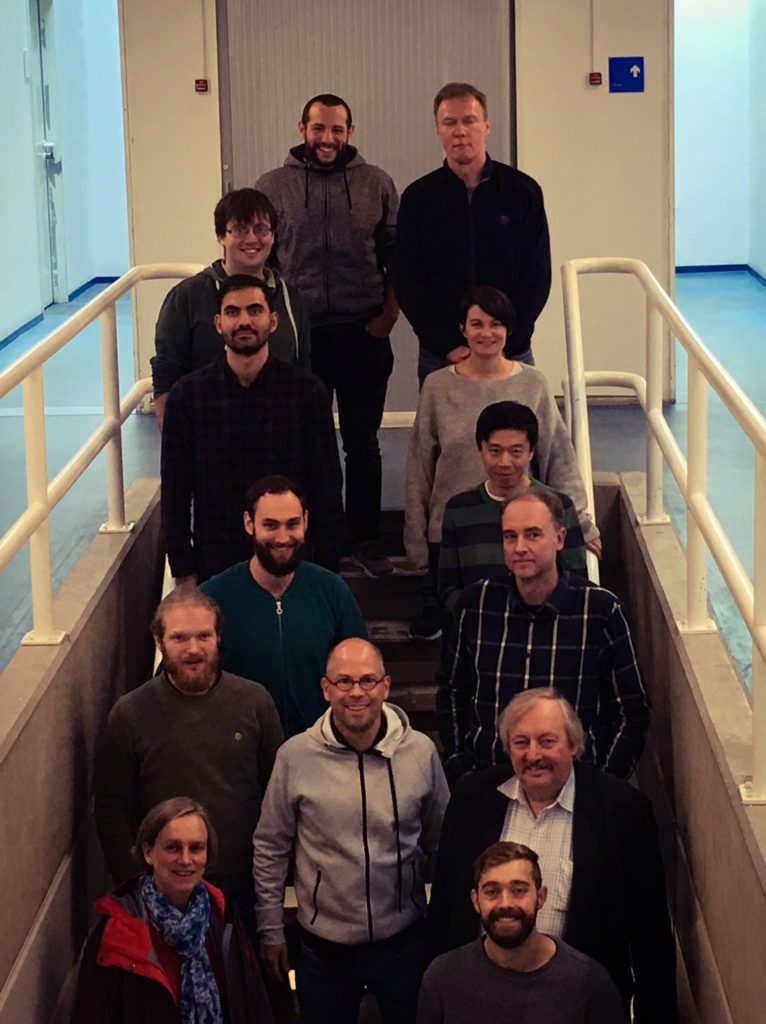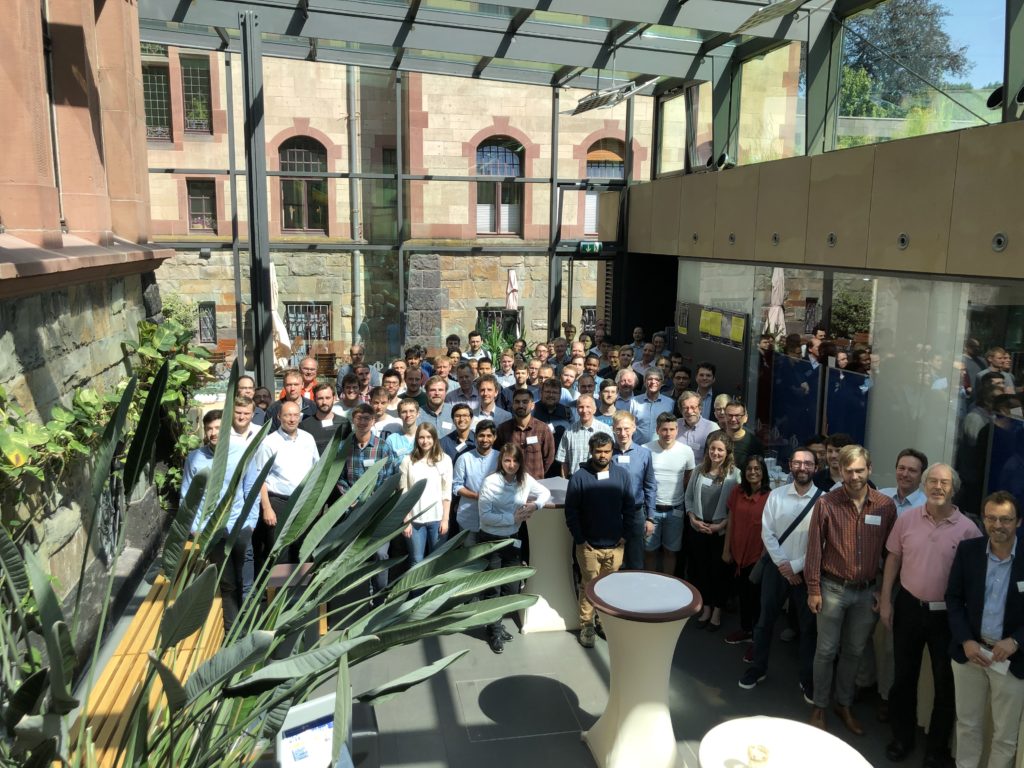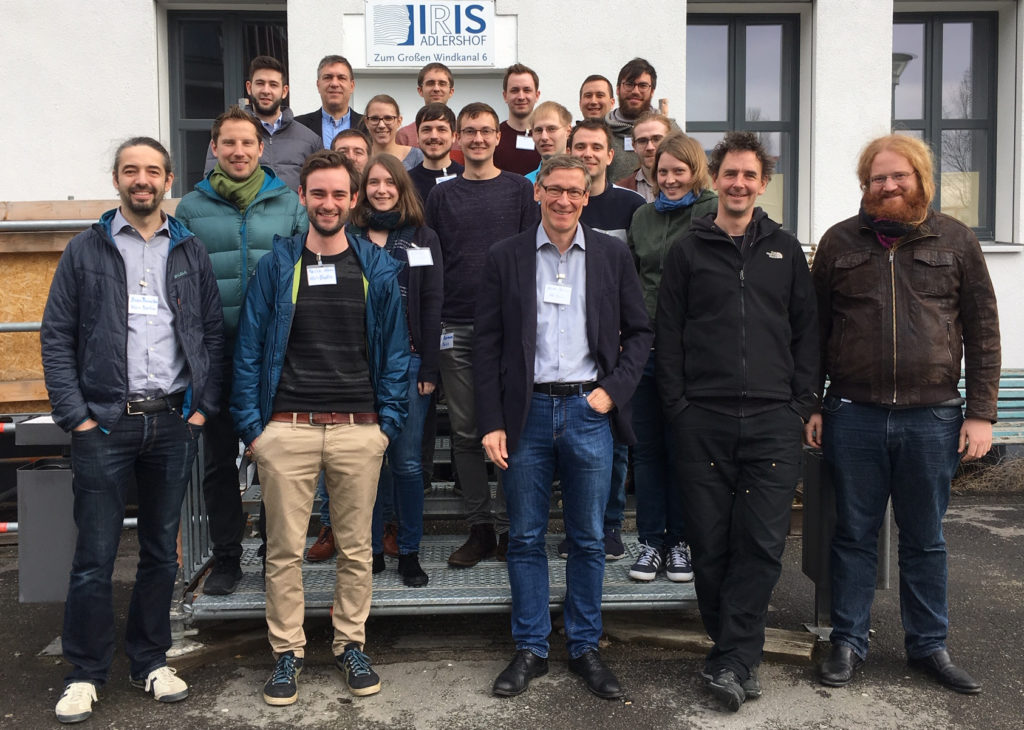On March 10-12, 2021, the Workshop on Entanglement Assisted Classical Communication Networks (EANC) will take place at the TUM Institute for Communications Engineering. This event is a joint workshop of the Emmy Noether Group “Theoretical Quantum System Design” supported by the Deutsche Forschungsgemeinschaft (DFG) and the Institute for Communications Engineering supported by the German Federal Ministry of Education and Research (BMBF) with the project Q.Link.X.
Workshop Homepage
https://www.ei.tum.de/lnt/events/2021-workshop-on-entanglement-assisted-communication-networks-eacn/
Workshop Chairs
Christian Deppe, Janis Nötzel (TUM)
Local Organization
Roberto Ferrara, Uzi Pereg, Stepehn Di Adamo, Christin Wizemann, Robert Schetterer
Topics of Interest
Will quantum communication reshape classical network design? What will be the next technological breakthrough in quantum communication? This interdisciplinary workshop focusses on entanglement as a resource assisting classical communication systems. We welcome participants from academic institutions, research labs and industry. Selected approaches to entanglement-assisted communication will be presented, along with established communication models in classical networking. To spark fruitful discussions, information regarding the progress in quantum hardware development will be provided.
Confirmed Participants
- Mario Berta (Imperial College London)
- Holger Boche (TUM-LTI)
- Bash Boulat (University of Arizona)
- Frank Fitzek (Technische Universität Dresden)
- Saikat Guha (University of Arizona)
- Gerhard Kramer (TUM-LNT)
- Andreas Reiserer (Max Planck Institute of Quantum Optics)
- Andreas Winter (Universitat Autònoma de Barcelona)
Venue
The talks will be given in the seminar room N2047
Further Information
Please contact Uzi Pereg (uzi.pereg@tum.de)
The workshop takes place before the 24th Annual Conference on Quantum Information Processing, which also takes place in Munich.
Hotel Recommendation



